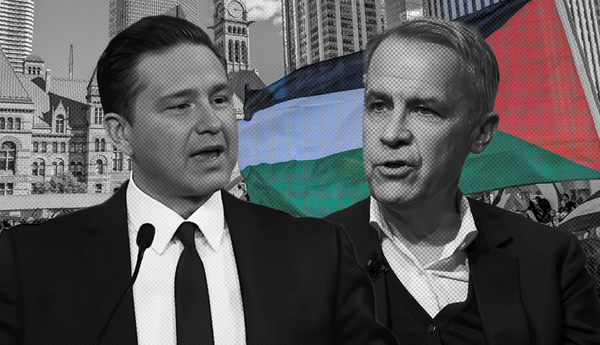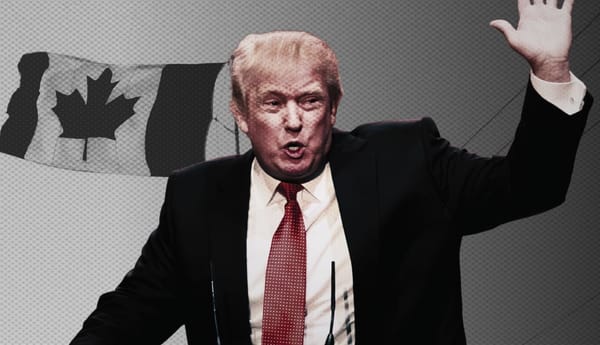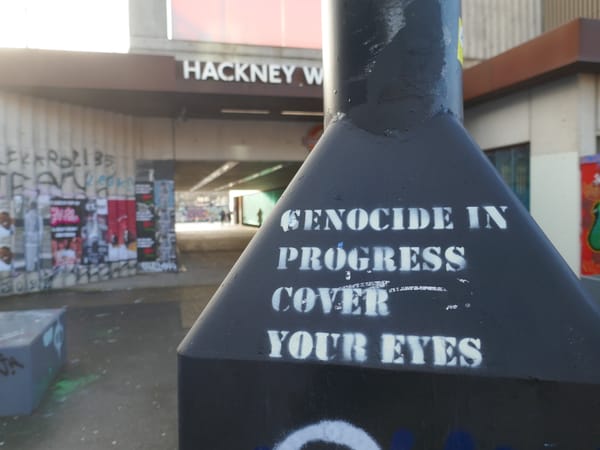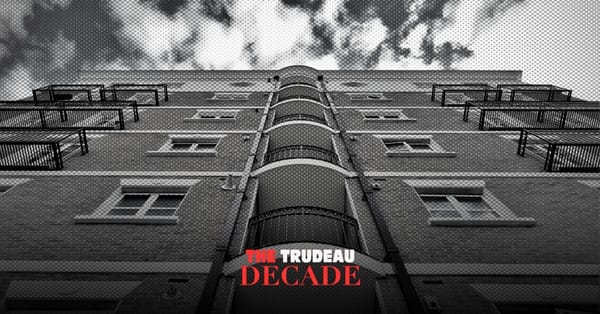Last year, I wrote an article arguing that Canada should “ban the sale of pickup trucks to all consumers unless they’re able to meet strict requirements to prove it will be used primarily for work purposes.” I argued that one reason such a ban would be desirable is the incredibly damaging impact pickup trucks have on the climate.
I wrote that reducing their usage is important because, “Canada is one of the largest GHG emitters in the world, and has the second highest emission rate per capita of all G20 countries. As of 2019, the transportation sector was the second largest contributor to Canadian emissions. Moreover, according to an Équiterre report, ‘Between 1990 and 2018, total GHG emissions in Canada rose by 20.9 per cent, largely due to transportation. In fact, since 1990, emissions from this sector have increased by 49 per cent and currently account for 30 per cent of Canada’s GHG emissions.’ As such, drastically cutting emissions from the transportation sector is of the utmost importance for a successful climate strategy.”
Banning the sale of pickup trucks is a way to target a sort of vehicle that is particularly harmful. Yet more than this, what’s really required is a shift away from reliance on private vehicles as a whole (regardless of type, or if they’re electric), toward increased public transit usage. To achieve this goal, the government should do what it can to make taking public transit more desirable than driving private vehicles.
With this in mind, Canadians should be upset that a standard fare evasion ticket is significantly more expensive than a parking ticket in major cities throughout the country.
Going into research for this article, I knew there was a major disparity in the fines given for the two tickets in Toronto. To see if Toronto was an exception, I looked into the costs of parking tickets and fare evasion tickets in a few of the most populous cities in Canada.
Here are the parameters I used:
- I looked at intracity transit systems only (i.e., the Toronto Transit Commission instead of GO Transit)
- I looked for the cost of a standard fare evasion ticket (i.e., where this was the first time an individual received a ticket, where no other tickets were given, before any discounts or penalties were imposed, etc.)
- I looked at parking ticket costs at city-run/owned parking lots only, and didn’t take private lots into account
- I looked for the cost of a standard parking ticket (i.e., where someone parked in a legal spot but either didn’t pay for a ticket or were in the spot after the time they paid for had expired)
Here are the rates I found:
| City | Parking Ticket | Fare Evasion | Difference (x) |
| Toronto | $75 | $235 | 3.1 |
| Vancouver | $77 | $173 | 2.2 |
| Montreal | $79 | $150 | 1.9 |
| Calgary | $40 | $150 | 3.8 |
| Ottawa | $70 | $260 | 3.7 |
| Edmonton | $50 | $150 | 3 |
As you can see, fare evasion tickets are far more expensive than parking tickets in each of the six cities, ranging from 1.9 to 3.8 times the cost. This means that those who rely on transit are penalized to a greater extent than those who have a private vehicle.
The disparity here gets particularly absurd when you compare an average fare evasion ticket to the average cost of fare in these cities (i.e., a single ride for an adult paid with cash).
| City | Transit Fare | Fare Evasion | Difference (x) |
| Toronto | $3.25 | $235 | 72.3 |
| Vancouver | $3.05 | $173 | 56.7 |
| Montreal | $3.50 | $150 | 42.9 |
| Calgary | $3.60 | $150 | 41.7 |
| Ottawa | $3.75 | $260 | 69.3 |
| Edmonton | $3.50 | $150 | 42.9 |
The fine for fare evasion in these cities is wildly disproportionate to the actual cost of standard transit fare. I couldn’t put together a comparison for parking rates and parking tickets due to the vast range of prices within each city, but as a whole parking is almost always more expensive than a transit fare, often significantly so, and yet parking tickets are much cheaper than fare evasion fines. In fact, Toronto recently more than doubled its parking ticket fine after finding that dealing with parking tickets was cheaper than actually paying for parking in some areas.
Some will argue that these fare evasion amounts are understandable, if not fair, because transit systems in Canada are highly funded by individual riders, and so there needs to be punishments for those that avoid paying.
Indeed, Canada’s systems do stand out in terms of how little funding they get from the government as a percentage of overall revenue. But this claim, even if we accept it as true, actually doesn’t dispute the argument at the heart of this article: governments aren’t doing enough to make public transit more appealing than private vehicles. If they were, they’d be heavily funding public transit systems in order to make them either cheaper or entirely free, more reliable and frequent, broader reaching, more physically accessible, etc.
So, the idea that transit systems rely on riders for funding isn’t a justification for high fare evasion fees, but rather an indicator that governments aren’t doing enough to fund and improve an absolutely essential service that will play a crucial role in the fight against climate change.
Of course, there are problems with fare evasion tickets beyond the costs or how much they’re relied upon: fare inspectors have been found to disproportionately target racialized people for inspections and tickets, and have assaulted riders on public transit as well.
As a whole, governments need to rethink how they treat transit users, and this extends to those they accuse of not having paid their fare.
Before you go, here are some other Passage articles regarding transit that you should read:
- What We Lost With The End Of The Bus
- Forget Greyhound, Canada Needs A Public National Bus Service
- Eliminating More Parking Spots Will Improve Our Cities
- In Defence of Fare Evasion







